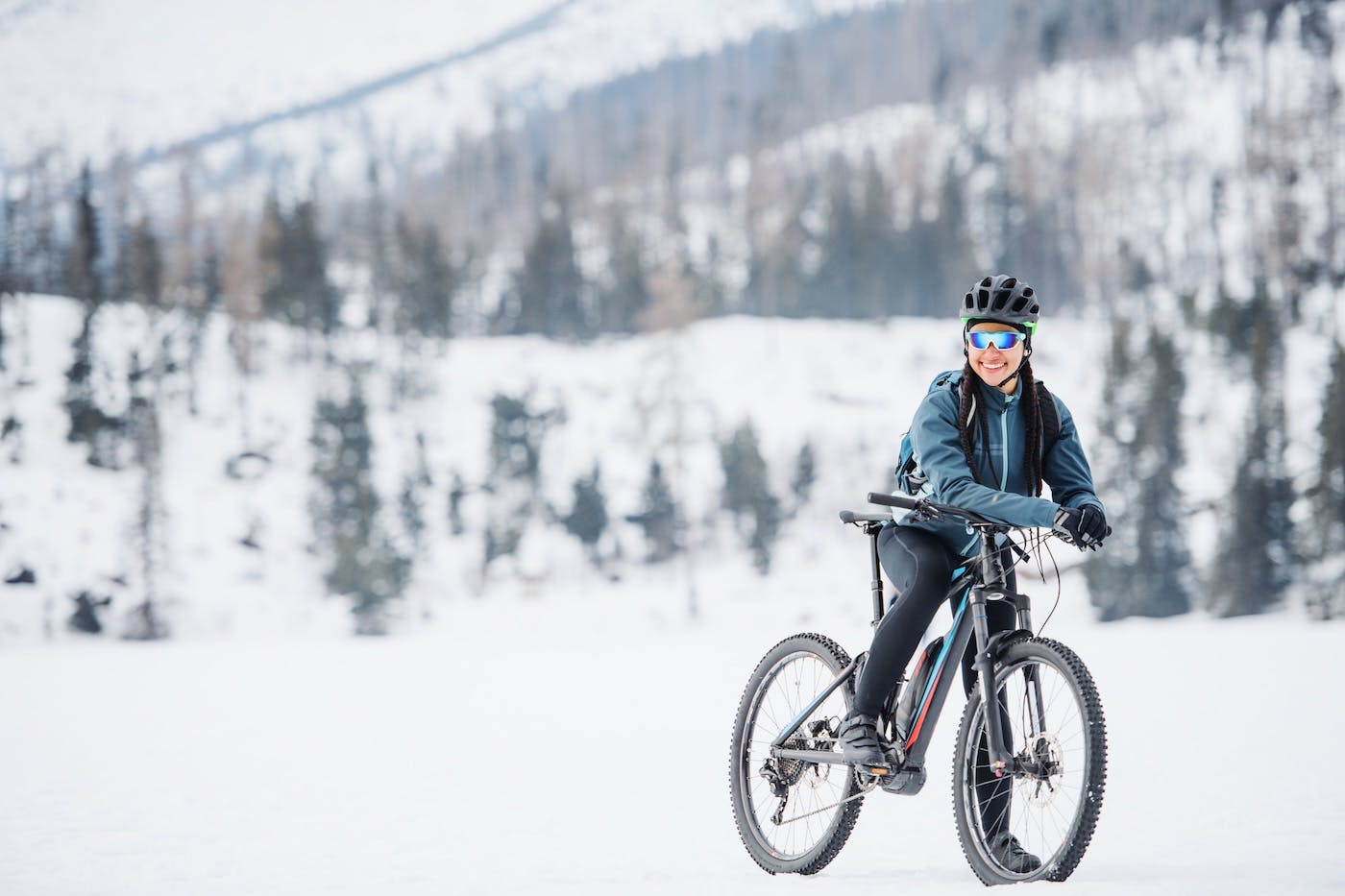Advance Safe and Successful E-Bike Policies With PeopleForBikes’ New Toolkit
By: PeopleForBikes Staff

The new resource includes best practices and sample legislation for bike advocates, industry members, and policymakers to create or amend state and local electric bicycle laws.
As the popularity of electric bicycles (e-bikes) continues to rise, it is important for states and municipalities to understand the best methods for regulating this rapidly growing sector of the bike industry and keeping everyone safe on our shared roads and trails.
A groundswell of new proposed legislation at both the state and local levels has occurred in the last few years, and PeopleForBikes is actively involved in drafting and influencing those laws. We also continue engaging with advocates and government leaders on the best approaches to safely and successfully regulating e-bikes as there is a clear need for laws that are reasonable and consistent to keep e-bike riders and our communities safe.
In response to this need, PeopleForBikes launched our E-Bike Legislative Toolkit, compiling best practices, offering model safety-related legislation, and clearly highlighting the intersection of bike infrastructure and education. The toolkit offers a foundation to make it easier to propose and implement safety-related policies and programs while considering each communities’ unique needs and governmental structures.
We invite advocates, retailers, and policymakers across all levels of government to utilize this resource, reach out to us with questions, and borrow what works best for your community in creating effective, equitable, and harmonized e-bike laws.
Access the E-Bike Legislative Toolkit
Key Components of Toolkit
PeopleForBikes recommends that government leaders and advocates consider nine key priorities when addressing the safety and regulatory aspects of electric bicycles:
- CREATE INFRASTRUCTURE: Prioritize funding and building connected bike networks to improve safety.
- ADOPT THE 3-CLASS SYSTEM: Clearly define e-bikes using the three-class model and federal definitions set by the Consumer Product Safety Commission.
- REGULATE OUT-OF-CLASS PRODUCTS + ANTI-TAMPERING: Address unsafe products exceeding power and speed limits set by law.
- ENABLE CLASS 1 EMTB ACCESS: Define where e-bikes can be ridden both on and off road, including speed limits on shared paths.
- CHAMPION BATTERY AND ELECTRICAL SAFETY: Ensure e-bikes meet applicable safety standards for electrical systems and lithium-ion batteries.
- FUND E-BIKE INCENTIVES: Create equitable incentive programs to make e-bikes more affordable.
- PROMOTE EDUCATION AND RIDER SAFETY: Implement effective rider education programs.
- OPPOSE REGISTRATION AND INSURANCE REQUIREMENTS: Avoid unnecessary registration and insurance for e-bikes, which don't significantly reduce road fatalities.
- PROVIDE LANDLORD GUIDANCE ON E-BIKES: Encourage landlords to allow safe storage of certified e-bikes.
Access the E-Bike Legislative Toolkit
Where to Begin?
With so many possibilities and limited resources, it's important to first focus on the greatest needs of your community. We strongly suggest improving infrastructure as the single most important strategy to provide the most impactful and lasting returns on safety and participation. How does your state and its communities stack up in terms of City Ratings and pending infrastructure projects? Do you have laws in place requiring Complete Streets design standards and allowing communities to lower their speed limits? Is there adequate funding for projects?
Assuming you’re already making strides on infrastructure and growing ridership, you may be hearing concerns about how electric bicycles are being used, the kinds of e-mobility devices appearing on streets and trails, younger riders on e-bikes, or the safety of lithium-ion batteries. PeopleForBikes is very involved in all of these areas, and the E-Bike Legislative Toolkit contains our best advice on addressing them. With these resources, you don’t need to reinvent the wheel to proactively respond to safety concerns and can leverage the work PeopleForBikes, our advocacy partners, and other states and communities have already accomplished.
Last, while we like to focus on the positive, we know that sometimes a defensive battle must be fought against proposed legislation that will negatively impact bike riders or the community. Confronted with a bad e-bike bill or even a proposal for legislation? Please reach out to us!
If you have any questions about the toolkit or crafting state and local policies or programs related to bicycles and electric bicycles, please reach out to PeopleForBikes Vice President of Government Relations Dr. Ash Lovell at ash@peopleforbikes.org.
Related Topics:
